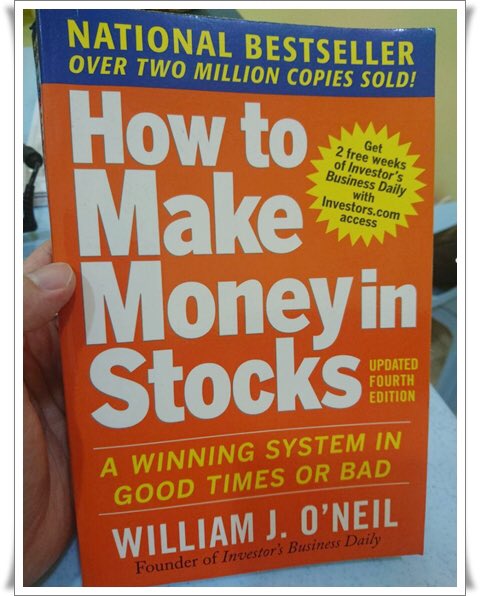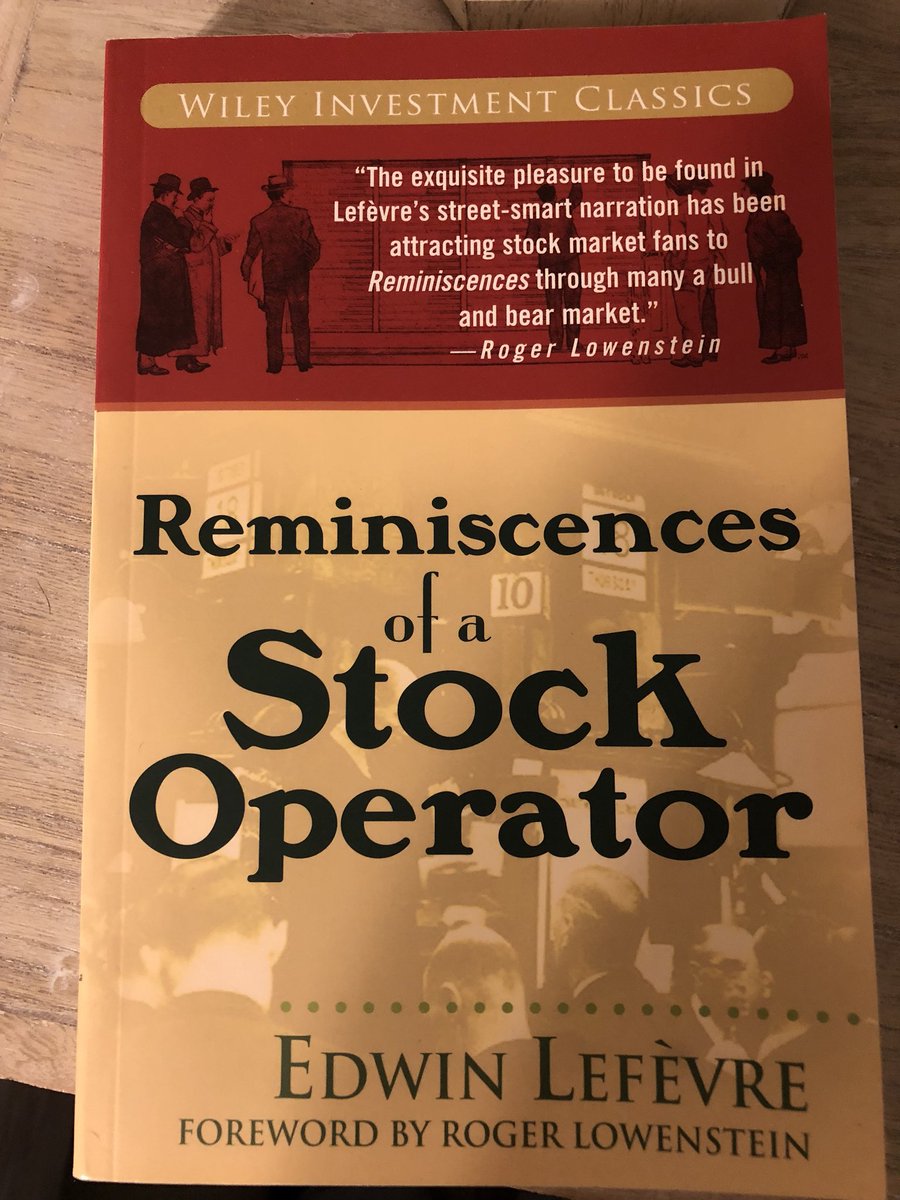
“ A way to determine the direction of the general market is to focus on how the leading stocks are performing. If the stocks that have been leading the bull market start breaking down, that is a major sign the market has topped.”
“Another important factor to watch is the Federal Reserve discount rate. Usually, after the Fed raises the rate two or three times, the market runs into trouble.”
“The best traders have no ego.”
“If you don’t stay with your winners, you are not going to be able to pay for the losers.”
“Charting is a little like surfing. You don’t have to know a lot about the physics of tides, resonance, and fluid dynamics in order to catch a good wave. You just have to be able to sense when it’s happening and then have the drive to act at the right time.”
“One of my rules was to get out when the volatility and the momentum became absolutely insane.”
“It is impossible to consistently outperform the market by using any information that the market already knows.”
“Kovner lists risk management as the key to successful trading; he always decides on an exit point before he puts on a trade. He also stresses the need for evaluating risk on a portfolio basis rather than viewing the risk of each trade independently.“
“I feel my success comes from my love of the markets. I am not a casual trader. It is my life. I have a passion for trading. It is not merely a hobby or even a career choice for me. There is no question that this is what I am supposed to do with my life.”
“I’m always thinking about losing money as opposed to making money. Don’t focus on making money, focus on protecting what you have.”
• • •
Missing some Tweet in this thread? You can try to
force a refresh









